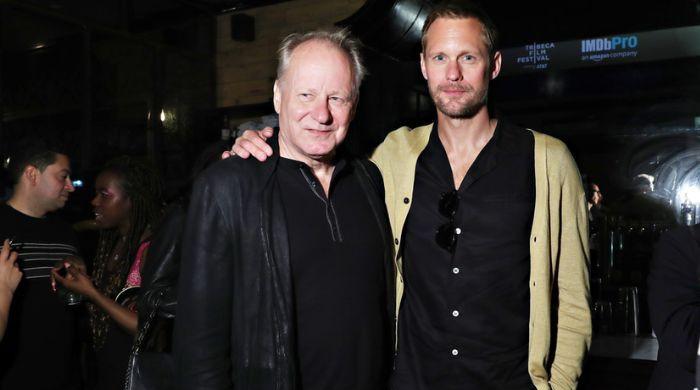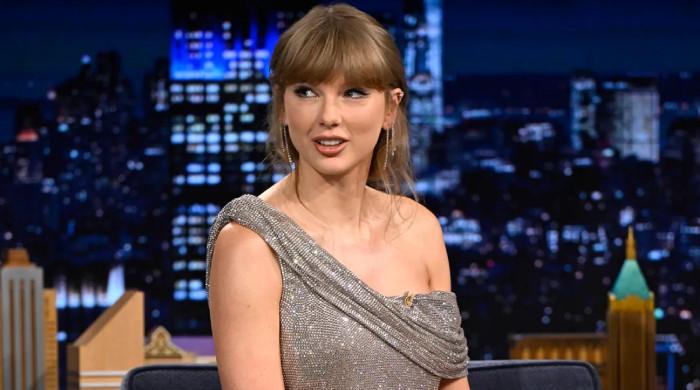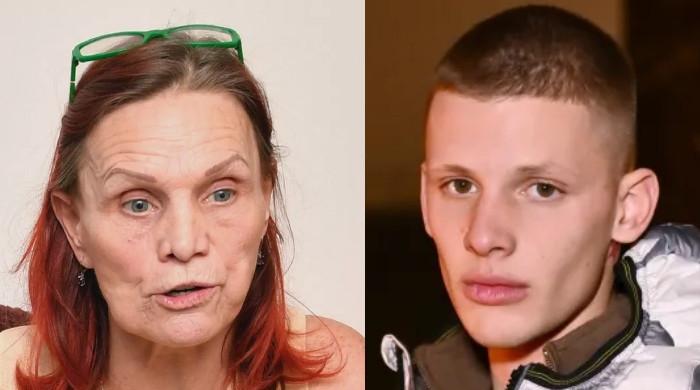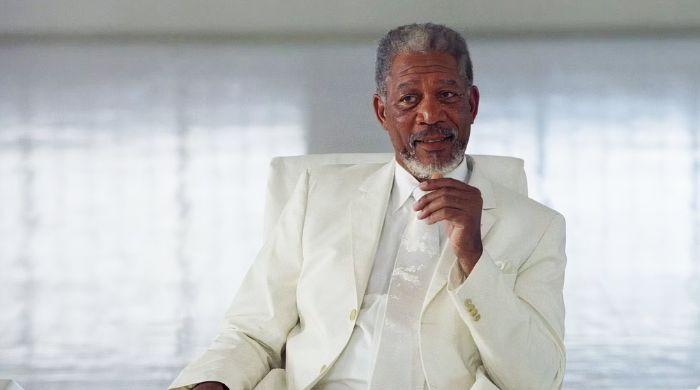LHC rejects Meesha Shafi appeal in harassment case against Ali Zafar
Shafi had accused Zafar of physical advances on more than one occasion
October 11, 2019

LAHORE: The Lahore High Court on Friday dismissed a petition filed by singer Meesha Shafi challenging the dismissal of her complaint against musician Ali Zafar on harassment charges.
The earlier complaint of Shafi had been rejected by the Punjab governor and provincial ombudsperson for protection against harassment of women at workplace.
This was the third time that the case of Shafi against Zafar has been dismissed by the Lahore High Court. The appeal was rejected on the basis of not being presented at the appropriate forum.
In a post on Twitter, Zafar said fake allegations by opportunists could destroy lives and undermine genuine victims. He also thanked his fans for all the love and support during the case.
"Ms Shafi’s case dismissed by the Lahore High Court. This is the 3rd dismissal. Fake allegations by opportunists can destroy lives and undermine genuine victims," he wrote on Twitter.
"We fought to set a precedent. All evidence submitted will be public soon. Thank you for your love and support," he added.
During the last hearing, LHC had reserved its verdict on the petition filed by Shafi.
Advocate Hina Jilani had argued that the ombudsperson dismissed the petitioner's complaint on technical grounds and the governor also upheld the decision.
She had further said the ombudsperson in the impugned decision ruled that the petitioner had no locus standi (aggrieved party) to agitate the matter under the Protection against Harassment of Women at Workplace Act 2010.
Furthermore, she said the ombudsperson had also observed that the petitioner failed to establish relation of employer and employee in the case, therefore, the matter did not fall within the domain of the Act.
Read more: Meesha Shafi, Ali Zafar case: A media circus
The counsel argued that the contract letter with a production company was sufficient to establish that the harassment caused to the petitioner at the hands of the respondent was at the workplace.
On the other side, Zafar's counsel Ali Sibtain Fazli had argued that the case of the petitioner did fall within the ambit of the Act. He said the petitioner had never been an employee of Zafar.
Justice Shahid Karim observed that the Protection against Harassment of Women at Workplace Act 2010 was comprehensive piece of legislation that protected the working women.
He said the court would see as to how and what extent the law defined relation of employer and employee.
Shafi has accused Zafar of physical advances on more than one occasion. She denied the assertions of Zafar and stuck to her allegations of harassment against him. Both parties are pursuing defamation suits against each other before a sessions court.












